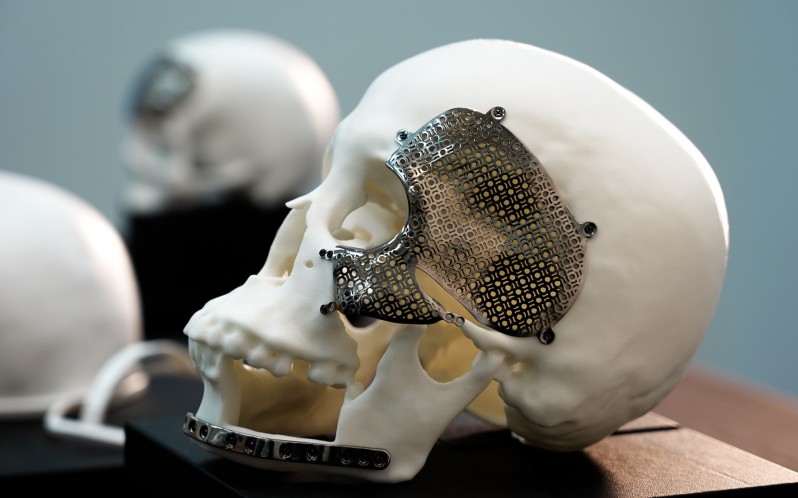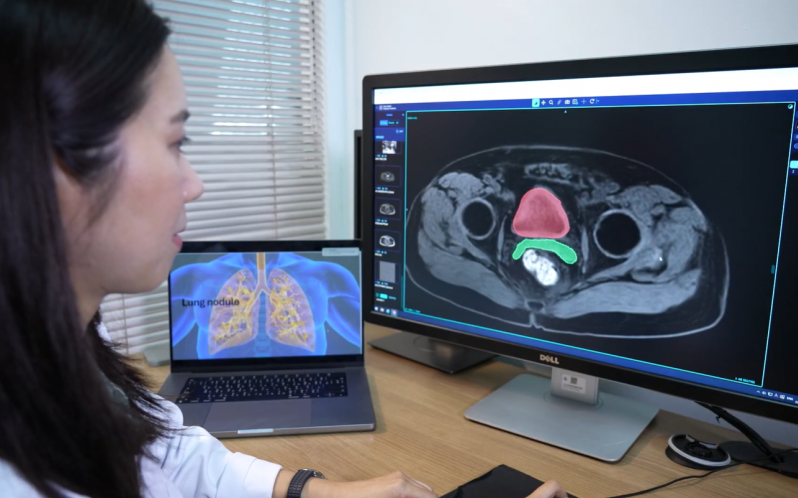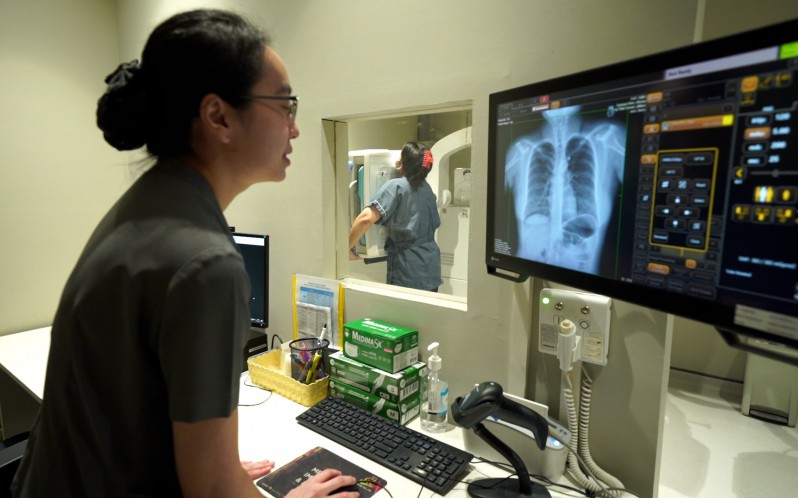Site:3
Utilizing Social Innovation and Technology to Improve Primary Care Access, Quality, and Financial Protection in UHC: The Case of '30-Baht Treatment Anywhere
 LOCATION : Government Center in Saraburi Province , Community Physical Therapy Clinic in Saraburi Province, Community Dental Clinic in Saraburi Province and Community Pharmacy in Saraburi Province
LOCATION : Government Center in Saraburi Province , Community Physical Therapy Clinic in Saraburi Province, Community Dental Clinic in Saraburi Province and Community Pharmacy in Saraburi Province
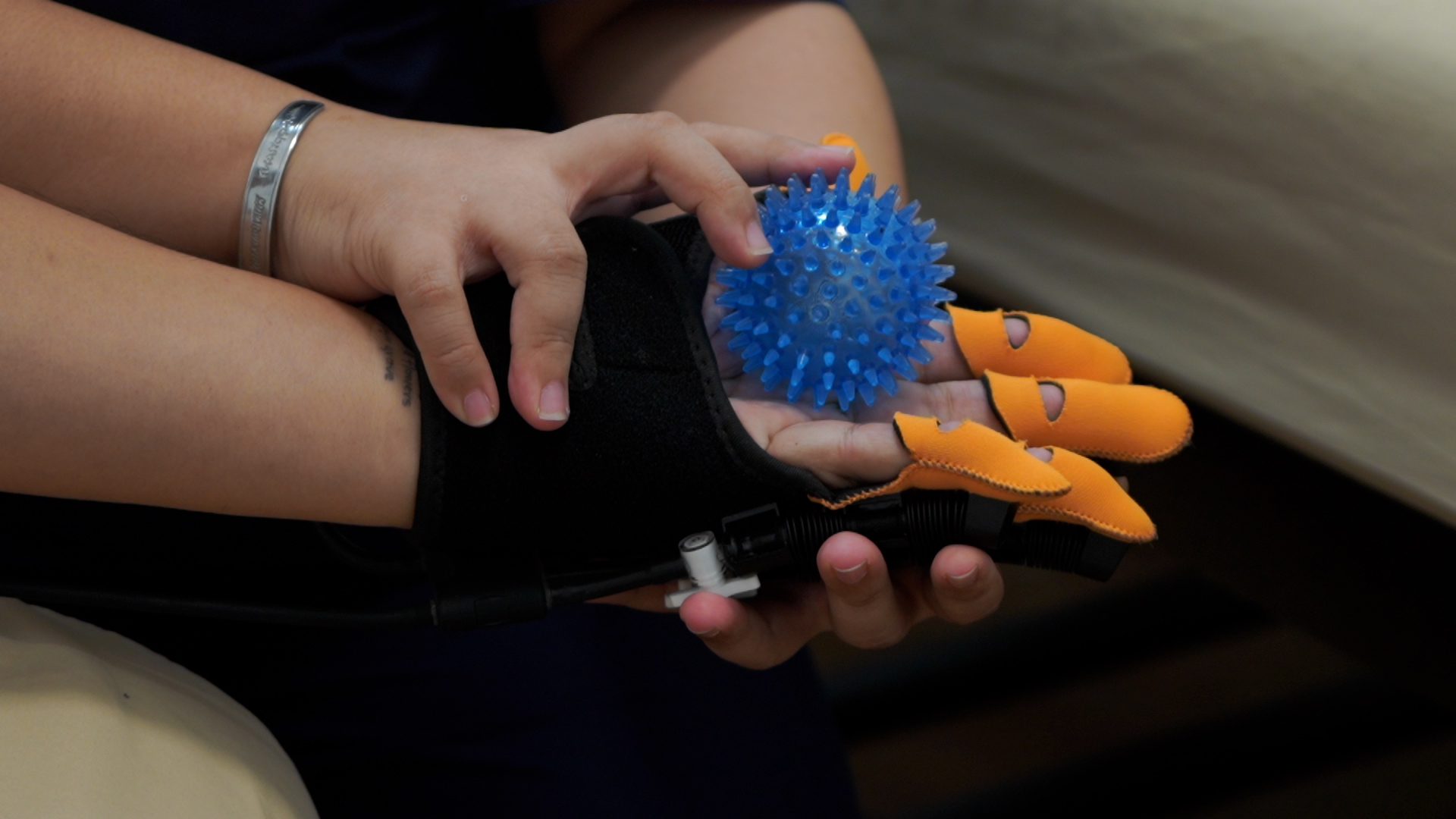
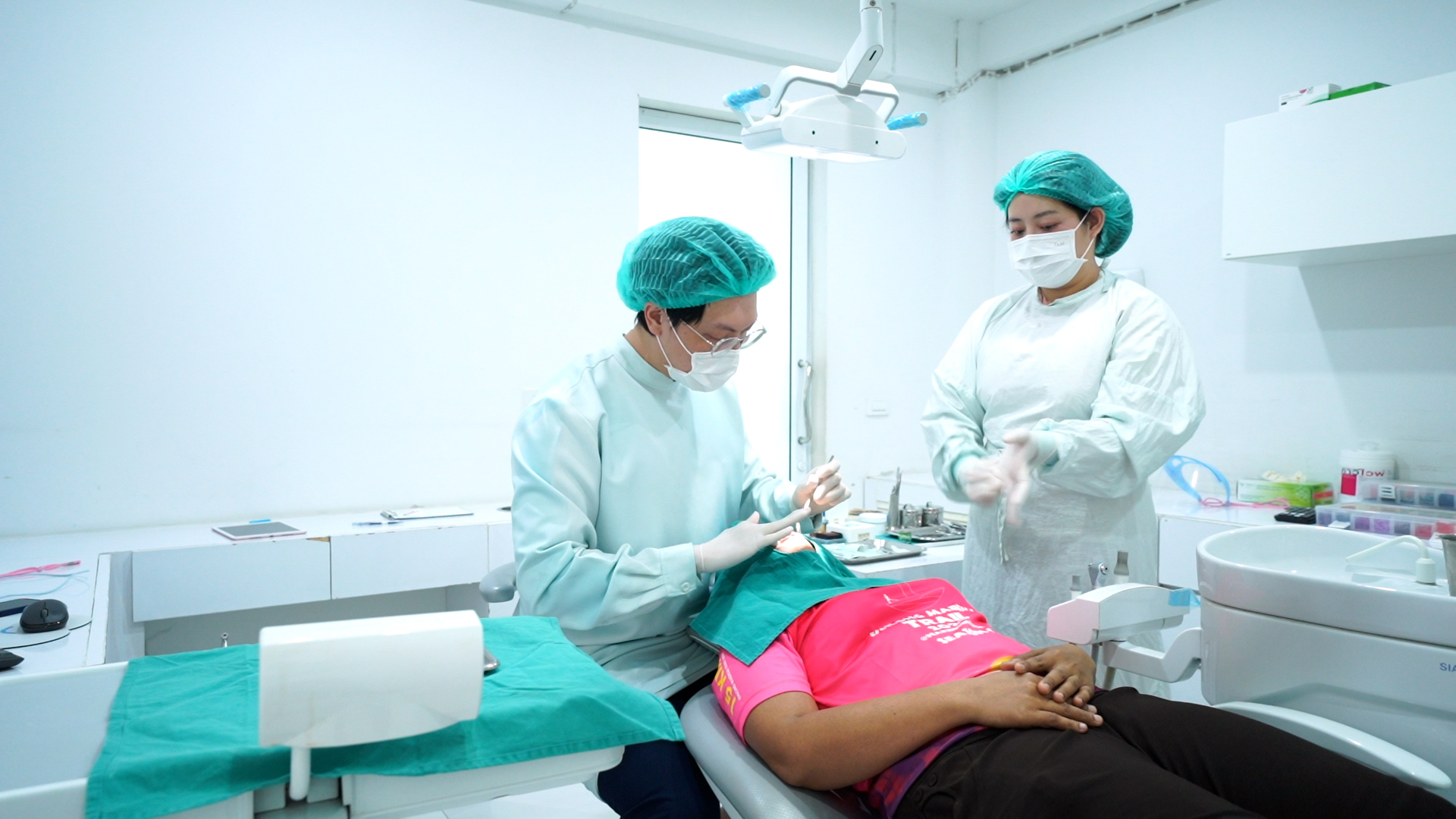
Background and Rationale:
In an era marked by rapid technological advancements, particularly in artificial intelligence (AI), the global health landscape is experiencing transformative changes. Thailand, as a upper-middle-income country, first achieved Universal Health Coverage (UHC) in 2002. The system was reformed with the establishment of the Universal Coverage Scheme (UCS) to ensure healthcare accessibility for Thais who do not belong to any public health insurance scheme. Its aims include increasing financial protection and preventing people from being pushed into poverty.
During the COVID-19 pandemic, NHSO was concerned about and aware of the difficulties individuals faced in accessing healthcare. In response, NHSO initiated efforts to integrate modern technologies and innovative service models. These initiatives aim to ensure that healthcare remains accessible, high-quality, and affordable both during unexpected situations and in normal times.
At the Prince Mahidol Award Conference (PMAC) 2025 field trips, NHSO is honored to present its ongoing innovations under the theme "Harnessing Technologies in an Age of AI to Build a Healthier World." The focus will be on how these simple technological innovations and social innovations are being utilized to expand UHC in Thailand, with an emphasis on balancing quality, affordability, and accessibility. This field trip will provide participants with insights into how NHSO's innovative healthcare services are contributing to a healthier world, especially in the context of the challenges posed by the pandemic and limited financial resources.
Objectives:
- To showcase NHSO’s innovative approaches in utilizing digital platforms and AI technologies to improve healthcare accessibility, health benefits, and governance for both consumers and providers.
- To demonstrate the impact of these innovations to health on expanding access to quality healthcare while maintaining affordability.
- To engage participants in discussions on the challenges and opportunities in balancing quality, affordability, and accessibility in UHC through health Innovation.
Core PHC Innovations:
Health Innovation Units:
In 2023, NHSO responded to the "30 Baht Treatment Anywhere" policy by expanding its Health Innovation Units in partnership with the Ministry of Public Health, healthcare units, and health networks across the country. This effort aimed to enhance the Universal Coverage Scheme (UCS), allowing people to access healthcare at any entry point using only identification card. By integrating digital health solutions and innovative approaches, the initiative made healthcare services more accessible, reduced hospital overcrowding and waiting times, and improved cost-effectiveness in healthcare spending.
Health Innovation Units have marked a significant advancement in delivering healthcare services, particularly in remote and underserved areas. These units offer a comprehensive range of services, including preventive care, diagnosis, and treatment, by leveraging mobile health technologies and telemedicine. Equipped with advanced diagnostic tools and telemedicine capabilities, they facilitate real-time consultations with specialists and remote monitoring of patients, enhancing the quality of care and ensuring timely interventions for chronic and acute conditions.
E-Claim Systems using AI: NHSO has successfully advanced its E-Claim system by integrating AI technology to enhance accuracy and efficiency in reimbursement and auditing processes. The New E-Claim system allows healthcare providers to submit reimbursement claims online, ensuring fast and precise processing. This innovation not only streamlines administrative operations but also fortifies NHSO's role as a key player in the nation's healthcare data management.
 LOCATION : King Chulalongkorn Memorial Hospital
LOCATION : King Chulalongkorn Memorial Hospital
 LOCATION : Ramathibodi Hospital, Bangkok
LOCATION : Ramathibodi Hospital, Bangkok
 LOCATION : Bangkok Hospital, Bangkok (Private Hospital)
LOCATION : Bangkok Hospital, Bangkok (Private Hospital)

